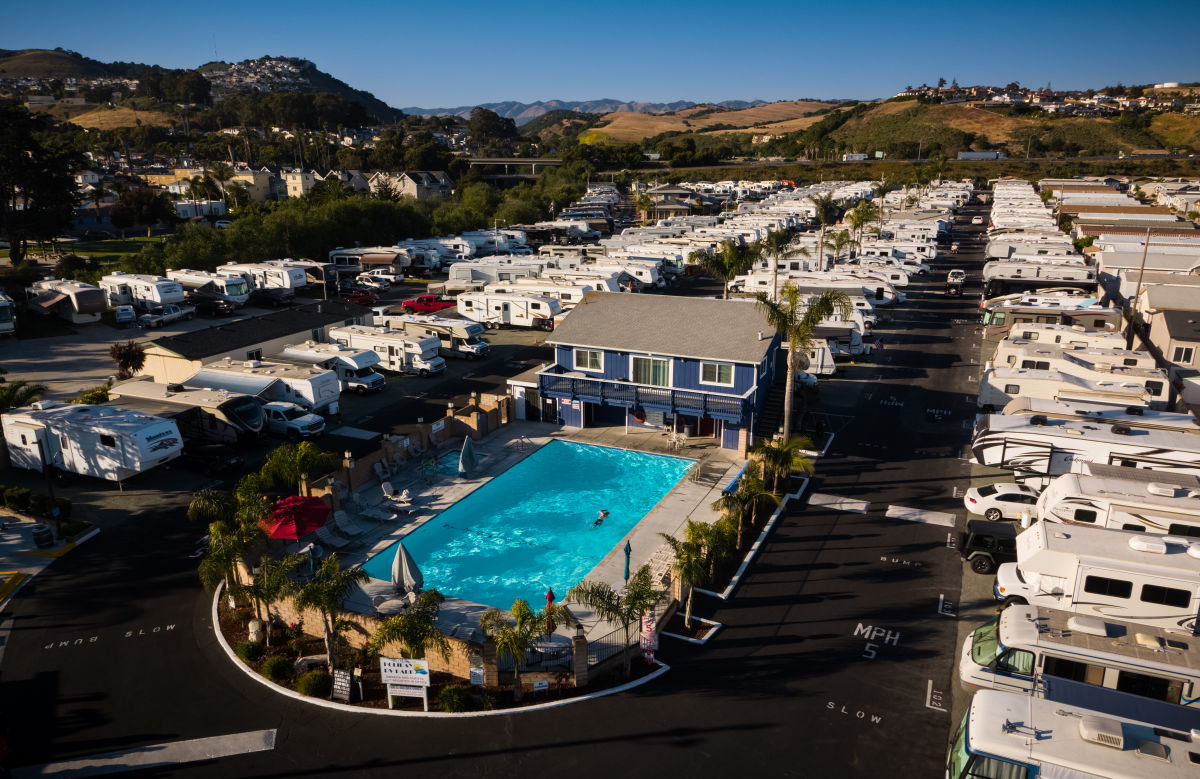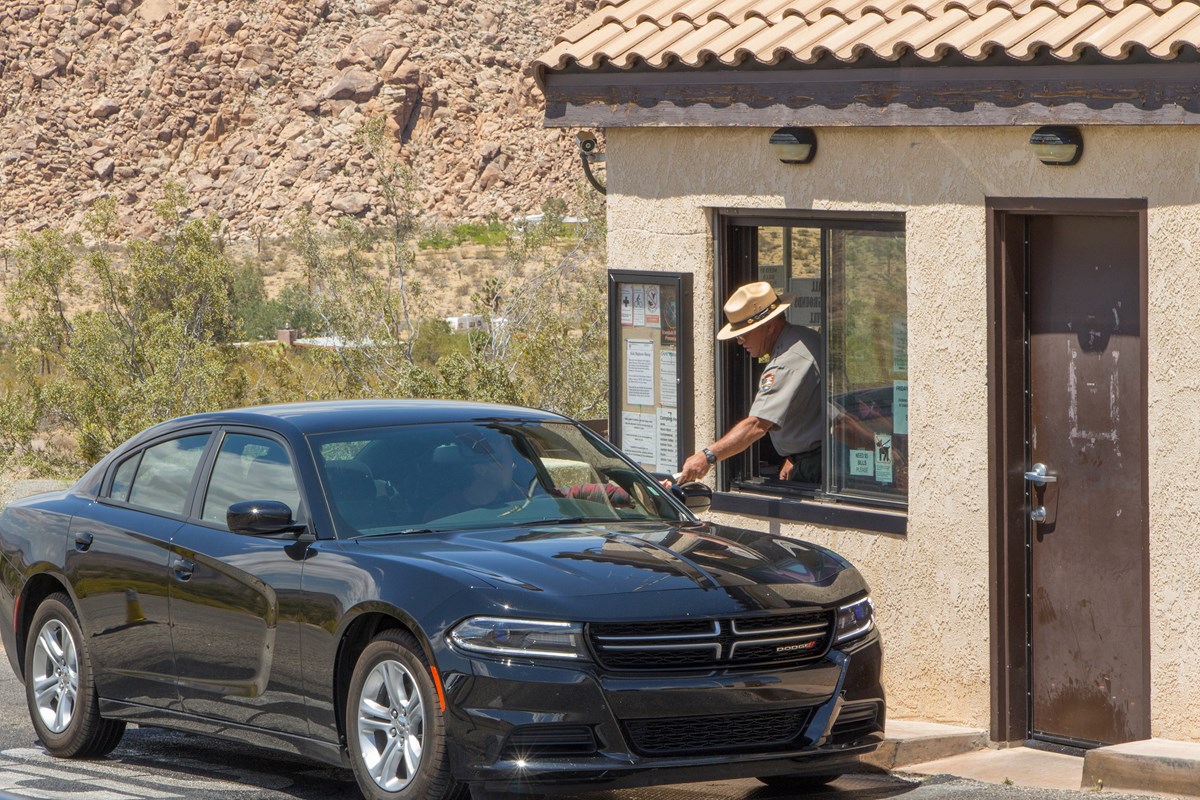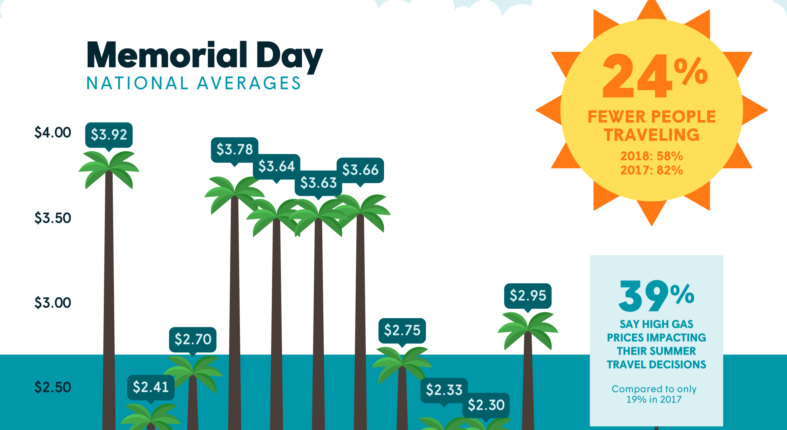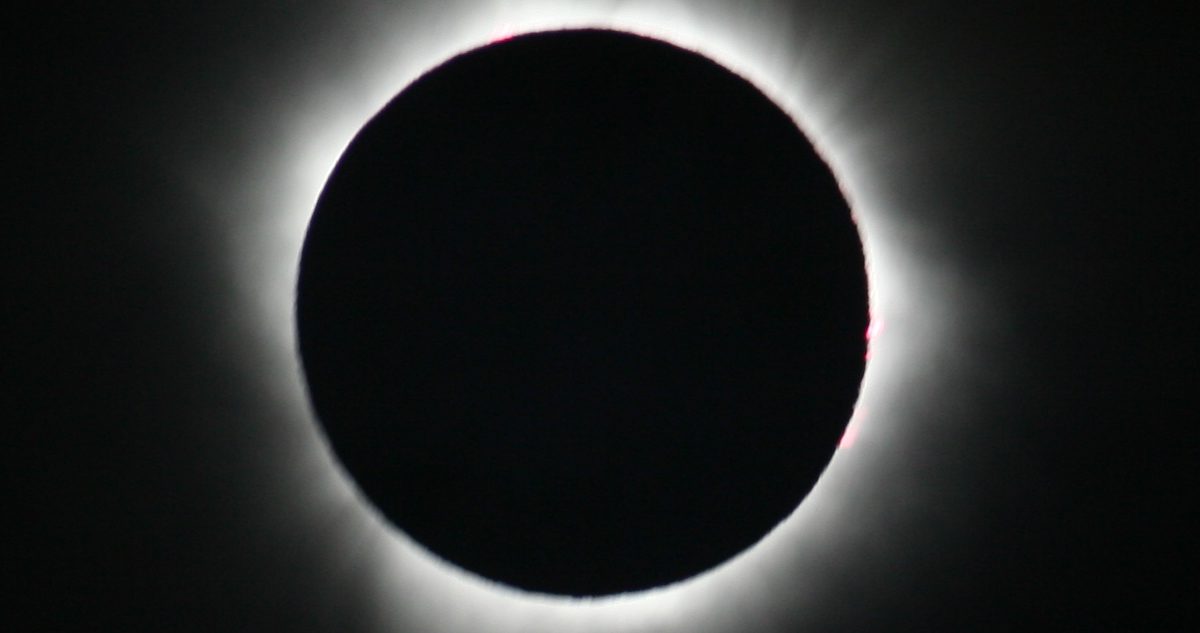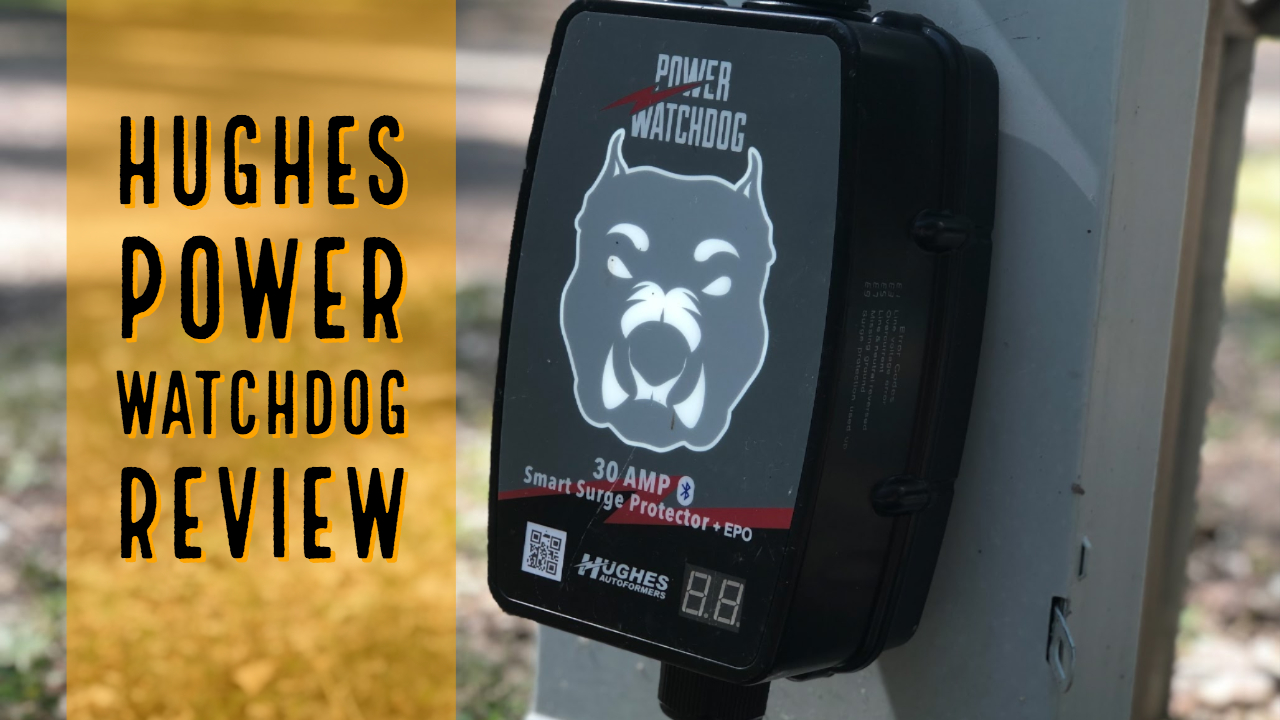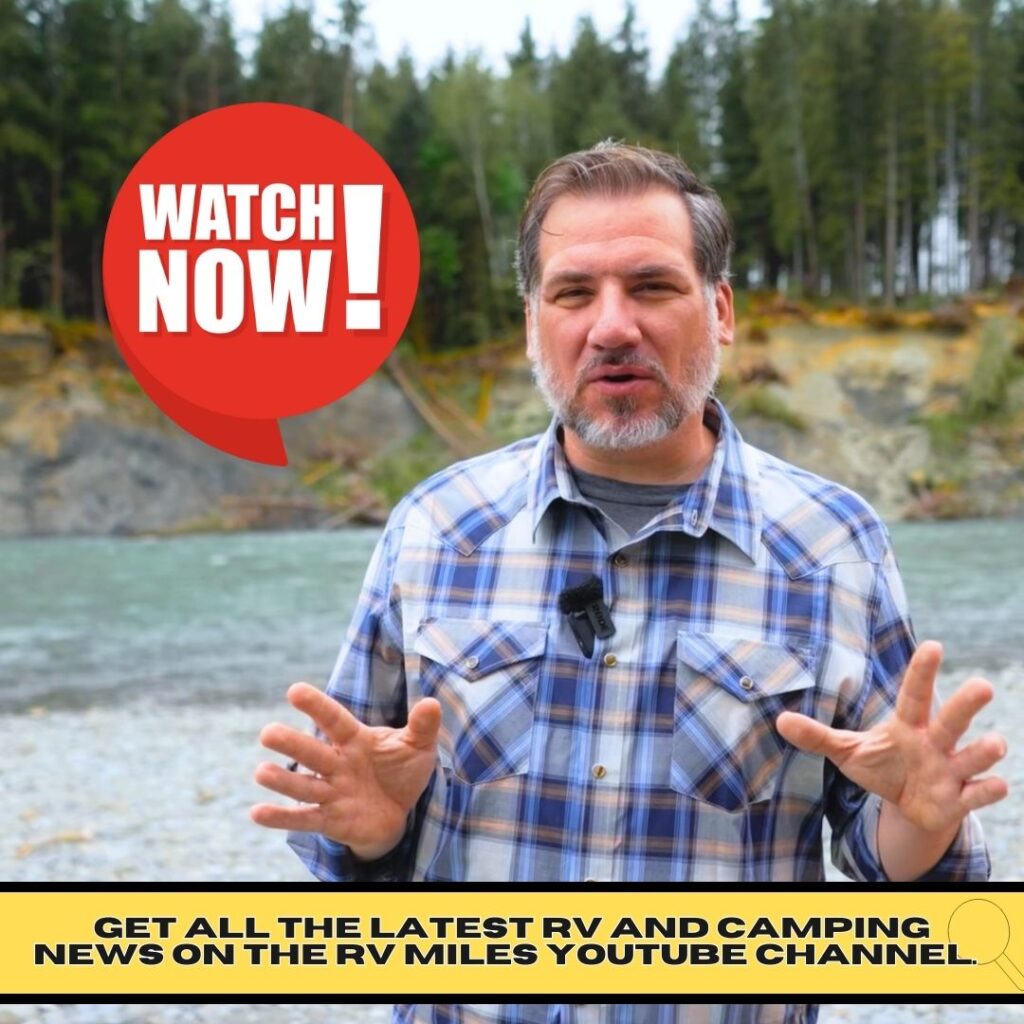As the coronavirus pandemic continues to cause states and municipalities to issue shelter-in-place orders, commercial RV campgrounds have been fighting to be considered as “essential services.”
Now, California’s campground alliance is warning that states could “face a humanitarian crisis on wheels” unless campgrounds and RV parks are declared exempt from closure orders.
“This isn’t about tourism. This is about public safety,” said Dyana Kelley, president and CEO of CampCalNOW RV Park and Campground Alliance, the trade association that represents California’s private campground industry.
“California has over 1,100 private campgrounds and RV parks that collectively have over 100,000 campsites, many of which are used by full-time RVers,” Kelley said. “These parks, which provide water, electricity, sewer and, in most cases, LP gas services, cannot be allowed to close for health and safety reasons because many of the people staying at these parks are sheltering in place and have no place else to go.”
Kelley noted that some Calfornia counties have already declared campgrounds and RV parks to be “essential businesses.” Hopefully, the state will quickly follow suit and deem all RV parks essential.”
Similar issues are cropping up across the country, even as states with shelter-in-place orders that exempt RV Parks are overruled by the counties and local municipalities.
The California trade association CEOs, including hotels and lodging, attractions, ski California, retail and more, have weekly calls with the governor’s office. Mariposa County has already designated campgrounds as “shelters” that provide “an essential service and will remain open unless otherwise posted,” according to an email issued last week through the Mariposa County Sheriff Alert System.
California’s 1,100-plus privately owned campgrounds and RV parks also accommodate thousands of traveling doctors and nurses, utility company construction workers and others on temporary assignment across the state, Kelley said. That’s in addition to the tens of thousands of snowbirds and full-time RVers who camp for months at a time in self-contained motorhomes, travel trailers and fifth wheels in private parks.
In addition to providing electricity, water and sewer hookups, campgrounds and RV parks provide a variety of essential health and safety services for their guests as well as the communities they serve, Kelley said, citing liquid propane (LP) gas, laundry facilities, dump stations, restroom and shower facilities as well as convenience stores that sell food as well as RV supplies. If those people are forced out of campgrounds, they be left vulnerable without this support, and forced to engage in unnecessary travel, which the federal government is asking people to avoid
CampCalNOW has issued guidelines to all parks that outline safety protocols they can take in order to keep their residents and guests safe. These guidelines include but are not limited to closing the registration area and allowing only phone in registration; closing the store and delivering items from the store to park residents; designating restroom times; leaving the laundry room open but only for one for those currenly staying at a time. If they need propane they can leave tanks in front of rig for pick up and delivery by park personnel, overnight guests traveling to get home are allowed only one overnight stay.

